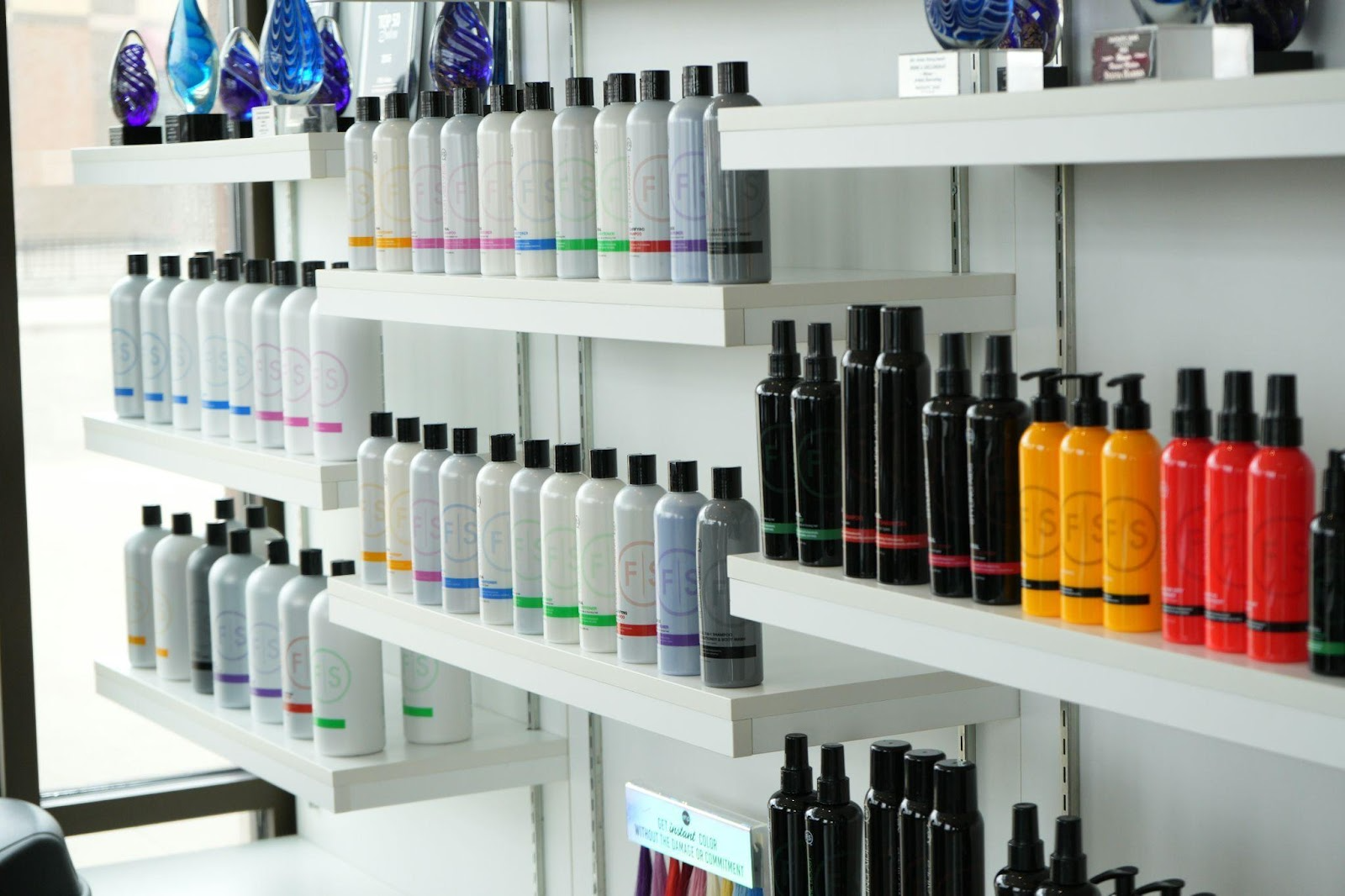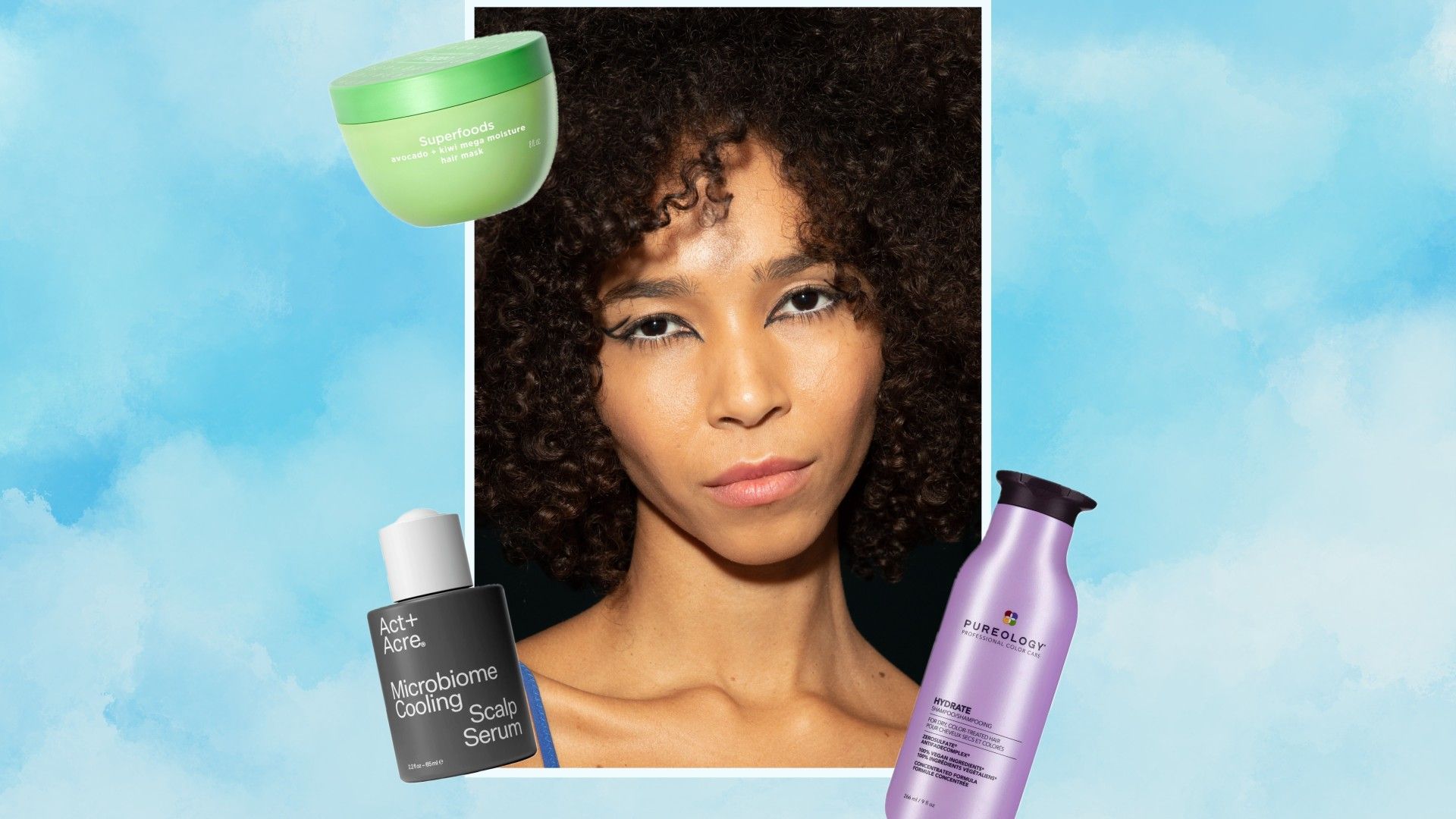The Business of Hair: Why Community-Centered Haircare Brands Are Gaining Traction


Hair has always been more than strands, it’s identity, culture, and confidence woven together. In recent years, there has been a noticeable shift in the beauty industry: consumers are increasingly drawn to haircare brands that reflect their communities, values, and lived experiences. One such example is Rennora Beauty, a brand that illustrates how community-centered approaches in haircare are redefining both business models and consumer loyalty. These companies aren’t just selling products, they’re creating cultural connections.
The Rise of Purpose-Driven Beauty
For decades, the mainstream beauty industry has catered to narrow standards, often leaving entire demographics underrepresented. This gap has given rise to community-centered haircare brands that prioritize inclusivity and authenticity. They are purpose-driven businesses, designed not only to provide products but to solve real challenges faced by their audiences.
Consumers are rewarding this authenticity. According to McKinsey & Company, inclusivity in beauty is no longer optional, it’s a business imperative. When brands fail to represent diverse needs, they risk alienating large swaths of potential customers. By contrast, those that embrace diversity foster loyalty and long-term growth.
Why Community Connection Matters
At its core, community-centered branding is about more than selling, it’s about belonging. People want to see themselves reflected in the products they use, the campaigns they watch, and the stories that brands tell.
Hair, especially, is deeply personal. From protective styles to regrowth treatments, haircare choices often connect to cultural heritage, lifestyle, and self-expression. Brands that understand this connection go beyond transactions; they foster relationships.
This model differs significantly from traditional top-down marketing. Rather than dictating beauty standards, community-centered brands listen to consumers, incorporate feedback, and evolve with their audience’s needs.
Building Trust Through Representation
Representation builds trust. When consumers see themselves in a brand’s imagery, product lines, and narratives, they feel understood. Trust translates into loyalty, which is invaluable in an industry where product options are endless.
Community-centered brands often build trust through:
- Authentic imagery: Real customers, diverse models, and relatable storytelling.
- Tailored product design: Solutions crafted for specific hair textures, growth patterns, or scalp health needs.
- Engagement: Active participation in community events, forums, and social media conversations.
This focus on representation makes customers more likely to not just purchase once, but to advocate for the brand within their circles.
Social Media as the New Marketplace

In the digital era, community isn’t bound by geography, it thrives online. Social media platforms have amplified the voices of underrepresented consumers, creating spaces where people share routines, results, and recommendations.
Community-centered haircare brands thrive in these spaces. By engaging directly with their audiences on platforms like Instagram, TikTok, and YouTube, they turn customers into collaborators. Feedback loops are immediate, and product development becomes dynamic.
These online communities are powerful drivers of growth. Word-of-mouth marketing, once limited to local neighborhoods, now has global reach.
Storytelling as Strategy
What sets community-centered brands apart is their storytelling. They don’t just advertise benefits; they share journeys, of founders, of consumers, and of cultural significance.
A brand might highlight the founder’s personal struggle with haircare, the heritage behind traditional ingredients, or customer testimonials that showcase transformation. These stories resonate deeply because they are real, and they make products more than commodities.
Local Roots, Global Appeal
Interestingly, while many community-centered haircare brands start small, their appeal often expands globally. By tapping into universal themes like identity, self-care, and empowerment, they resonate with audiences far beyond their original communities.
This local-to-global trajectory shows that authenticity scales. When values remain at the core of operations, expansion doesn’t dilute brand identity, it amplifies it.
The Business Case for Inclusivity
Inclusivity isn’t just ethical, it’s profitable. As more consumers demand products tailored to their needs, the market for diverse haircare solutions has grown exponentially. Major retailers and investors have taken notice, but small, community-rooted brands often remain ahead of the curve.
Unlike large corporations, community-centered brands tend to be more agile. They can quickly adapt to emerging trends, introduce niche products, and experiment with innovative formulations without the burden of corporate bureaucracy.
For consumers, this agility means fresher ideas and solutions that actually address their unique concerns.
Challenges and Opportunities
Despite their momentum, community-centered haircare brands face challenges:
- Scaling sustainably: Maintaining authenticity while expanding production.
- Competing for visibility: Standing out in a saturated digital marketplace.
- Protecting identity: Avoiding dilution of values when faced with larger distribution deals.
Yet these challenges are also opportunities. Brands that maintain transparency, stay true to their community, and leverage technology for growth often turn these hurdles into stepping stones.
Education as Empowerment
Many community-centered haircare brands also play the role of educator. They offer tutorials, blogs, and guides that help consumers better understand their hair and scalp needs. This educational role builds authority and positions the brand as a trusted partner rather than just a seller.
Education also fosters empowerment. When consumers learn more about their hair, they gain confidence in both their routines and their choices.
The Future of Community-Centered Haircare
The trajectory is clear: community-centered haircare is not a passing trend, it’s the future of the industry. As consumers continue to demand inclusivity, authenticity, and accountability, the brands that deliver on these values will thrive.
Expect to see:
- More founder-led storytelling.
- Increased use of natural, sustainable ingredients.
- Expansion into holistic wellness that links haircare with overall health.
- Stronger collaborations with influencers who authentically represent communities.
The beauty industry is undergoing a profound shift, and haircare sits at the heart of it. Community-centered brands are not only addressing gaps in the market, they’re reshaping the cultural and economic landscape of beauty. They prove that when businesses listen, represent, and stay rooted in community values, they can build not just products, but movements.
For consumers, this shift means more choices that truly reflect their identities. For businesses, it demonstrates that success in haircare is no longer about scale alone, but about connection. And in this new era, brands like Rennora Beauty are leading the way, showing that the business of hair is really the business of community.
link






:max_bytes(150000):strip_icc():focal(749x0:751x2)/jamie-lee-curtis-makeup-free-selfie-1-110725-8a88bfe175a748e6b424006b456e301d.jpg)